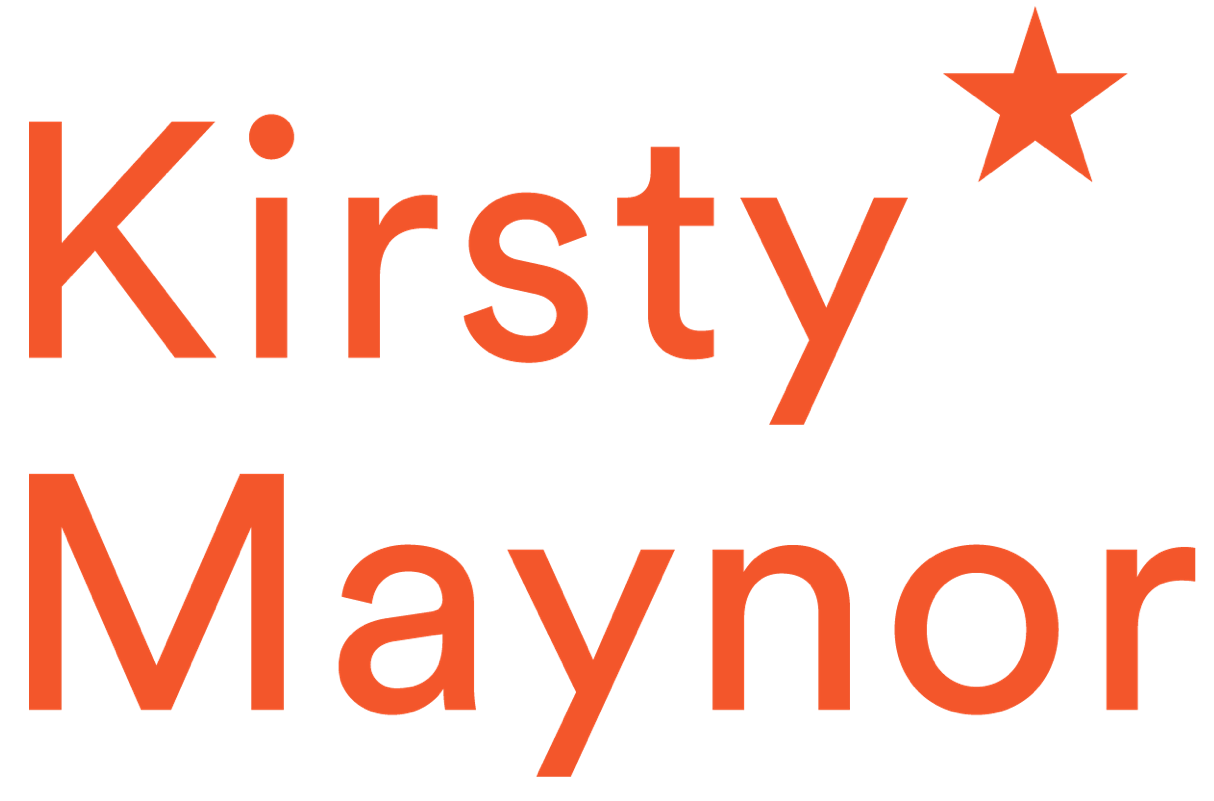How to discover and honour your core values
Someone once asked me if there was one thing that I wished all my clients could know, what would it be?
It’s simple, I’d want you to know your own personal values.
Why? Because your values are your own internal compass, the guiding light that helps you no matter what you’re trying to do. Values don’t change over time, they’re as consistent in you as your own DNA. And while if you look at a list of values you might want to have them all, if we are truly honest we are guided by two or three really core values. These are the things which help you make difficult choices, and which also really matter if anyone cuts across them. In fact, one way of finding out some of your values is to think about what really, really, really annoys you. Whatever it is, have a look at what sits underneath and you’ll probably find one of your core values. As a small example, one thing that I cannot stand is people not telling the truth. I’d rather you tell me something awful that might potentially be hurtful than you lie about it. Looking under that, we don’t have to go far to see that one of my core values is honesty.
Another way that helps you to identify core values is to think about a mountain top moment, a time when you felt really fulfilled. If you tell that story to someone else, the chances are they’ll be able to hear your values loud and clear.
Once you know what your values are, the key is to then not leave it at one word answers, but to really explore what you mean by those, in the words of Brené Brown, you need to operationalise them. This is vital in an organisational setting, where we need to set out what the values actually look like in specific behaviours and what behaviours are not in alignment with those values. It also holds true in our individual lives where it can be really helpful to get clarity on what behaviours demonstrate our values and what behaviours go against them.
By discovering those behaviours you can be more equipped to recognise when you’re not living in a way that’s aligned with your values and when something might need to change. One way I know that I am not living in a way that’s aligned with my value of courage, and am therefore likely to be short-tempered and feel frustrated with myself, is when I hold back from having conversations that I think might be difficult (that’s a whole separate skill set which I’m sure I’ll come back to in future posts). So if I notice that I’m cranky, I can get curious about that, or if I notice that I’m not having a conversation with someone I can realise that I’m not being courageous and work out what I need to do to address that. I can also recognise the times when I am being courageous and how it feels to be aligned with that value (not that I want to be scared all the time, just that I want to be courageous when it’s called for and not shy away from things because I get scared).
In fact, the act of setting up the whole KirstyMaynor.com brand has called on my courage, and I’ve been able to keep going because it’s aligned with my purpose (understanding their life purpose would be my close second thing I would like all my clients to know - check out my blog post next week).
For those of you who are still struggling to identify your core values, you can see James Clear's list of 50 common personal values here to help you get started. And don’t feel constrained by the list, use it as a springboard.
One of my top five values is magic sparkle - you won’t find that one on a list, but to me it’s the absolute essence of wanting what I do and who I am to bring sparkle and zest. If things feel mundane or regular, then the chances are I’m not honouring that part of me. What are your core values?
